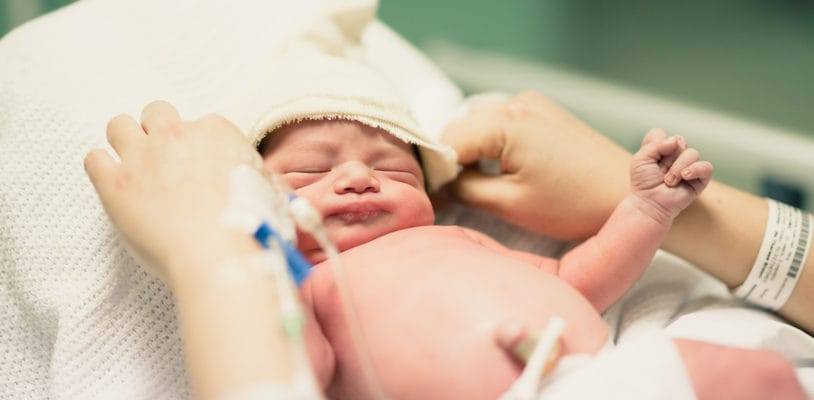
Spontaneous preterm birth is a very dangerous problem that not all parents are aware of. Prenatal testing is essential.
So what tests should mothers do and the cause of spontaneous preterm birth? Please refer to the article below!
What tests should pregnant mothers do?
If you have had a preterm birth before, you may also have been screened for bacterial vaginosis (BV). Although a few studies show that treating bacterial vaginosis during the second and third trimesters reduces the risk of preterm birth in women with a history of preterm birth, several other studies suggest there is no difference. So experts still disagree on whether to test for bacterial vaginosis in pregnant women.
You will not be tested for trichomoniasis unless the symptoms are bothersome. Some cases of urinary tract infections, pneumonia, and appendicitis, also increase the risk of preterm birth. You are also at higher risk of miscarriage if you have a urinary tract infection that doesn't show symptoms. This is why, therefore, all pregnant women should have a urine test.
In addition, there are also many problems about the placenta that pregnant mothers need to care about, such as strikers or placenta placenta. You should also be concerned about the abnormal structure of the uterus and cervix, such as if your cervix is shorter than normal or your cervix is closed and closed without constriction of the cervix. The cause is surgery of the cervix or congenital (defect in the cervix).
What are the risk factors for spontaneous preterm labor?
There are a number of risk factors for preterm birth, but more than half of spontaneous preterm births occur during pregnancy and no specific risk factors have been identified. While it's impossible to predict whether you will definitely give birth early, you will be more likely to have a preterm birth if:
Have had preterm birth in the past;
Twins or multiple pregnancies;
Younger than 17 years old or older than 35 years;
Losing weight before pregnancy or not gaining weight during pregnancy;
Have had vaginal bleeding in the first or second trimester;
Have moderate to severe anemia during pregnancy;
Smoking cigarettes , alcohol abuse or drug use (especially cocaine) during pregnancy;
Do not get prenatal care or too late to initiate prenatal care.
Besides, there is a link between chronic stress and preterm birth. It is thought that extreme stress can lead to hormone release that causes uterine contractions and premature birth.
Preterm birth is a situation that no one wants. So pregnant mothers need to equip themselves with knowledge of giving birth to improve maternal and fetal health to prevent the risk of preterm birth. Wish pregnant moms keep good health to have a healthy baby.












